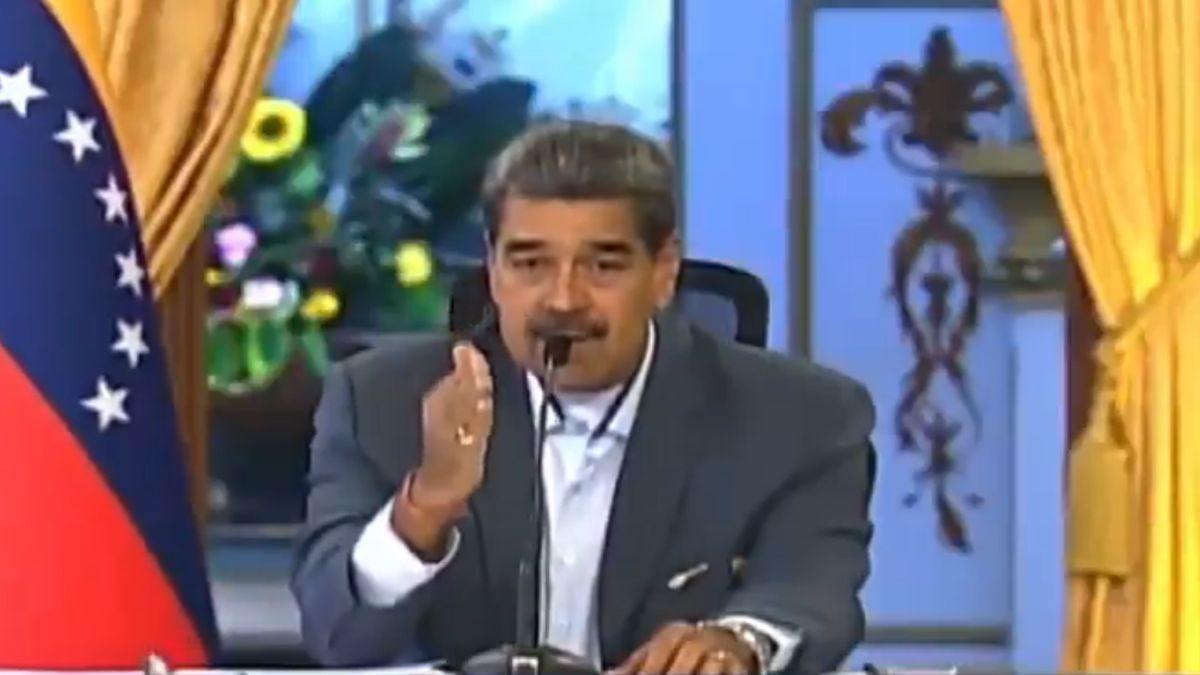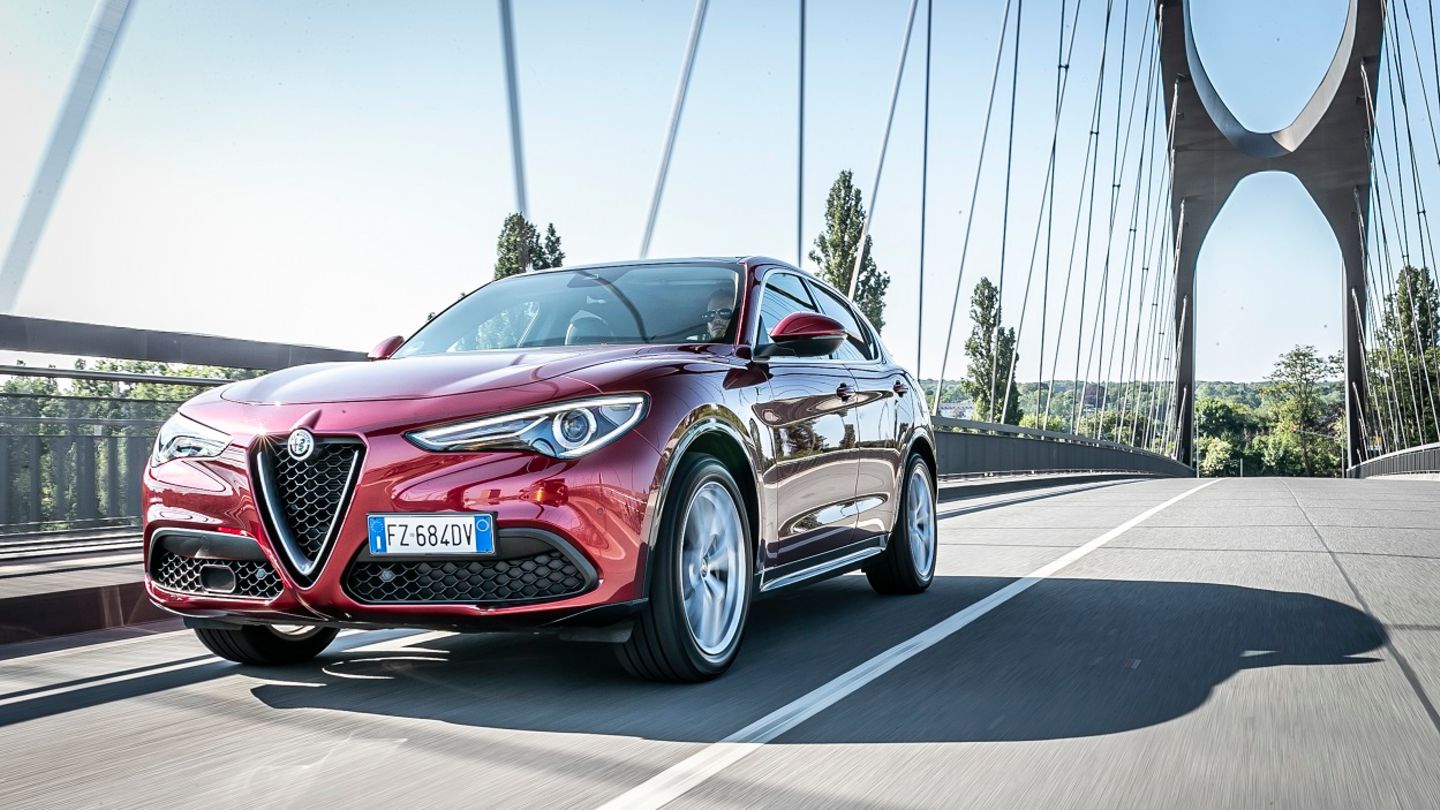The Venezuelan president said that military personnel, police officers and community leaders who defend him were threatened through the messaging application.
In the midst of a tense moment at the national level, with strong accusations of fraud in last Sunday’s elections and with massive opposition mobilizations, the President of Venezuela, Nicolas Madurogenerated a new controversy: he called for a Popular boycott of WhatsAppthe most used messaging app in the world. According to the president, Military personnel, police officers and community leaders who are supporting his controversial re-election received “threats” via this means.
The content you want to access is exclusive for subscribers.
“I’m going to break off relations with WhatsApp, because WhatsApp is being used to threaten Venezuela and then I’m going to delete my WhatsApp from my phone foreverlittle by little I will pass my contacts to Telegram, to WeChat“said the president during a Chavista demonstration.


In this sense, he encouraged his followers to leave this means of communication: “Say no to WhatsApp!”, He continued, calling for a “voluntary, progressive and radical” withdrawal of the application, owned by Meta along with other social networks such as Facebook and Instagram.
“By WhatsApp is threatening the Venezuelan military family, the police family, street and community leaders“, he assured.
Mature Whatsapp
Nicolas Maduro called to boycott WhatsApp
Nicolás Maduro warned that social media is being used to generate “division” and “hate”
Prior to this speech, Maduro had already warned that social media was being used to promote “division” and “hatred” among Venezuelans and pointed directly to Instagram and TikTok.
“I accuse Instagram of its responsibility in spreading hatred to divide Venezuelans, to seek a massacre and a division of Venezuela, to bring fascism to Venezuela,” he said.
Following this controversy, the president publicly called “recommendations” to its security officials to regulate the use of social platformsin which they were spread Images and videos of the protests against his re-electionas well as Complaints about security forces operations that They left more than 2,000 detainees according to the president himself.
The spread of “hate messages” on social networks can lead to sentences of between 10 and 20 years in prison in Venezuela, according to a law passed in 2017.
Source: Ambito




